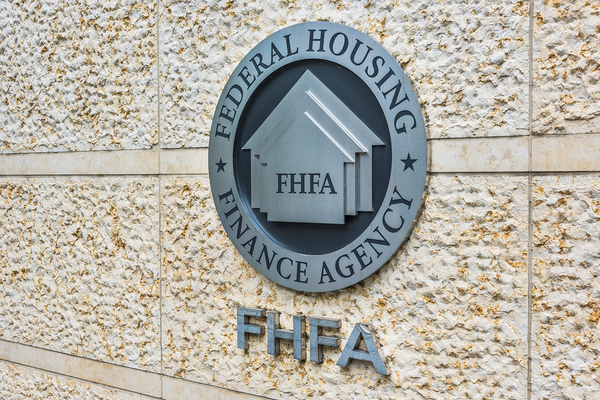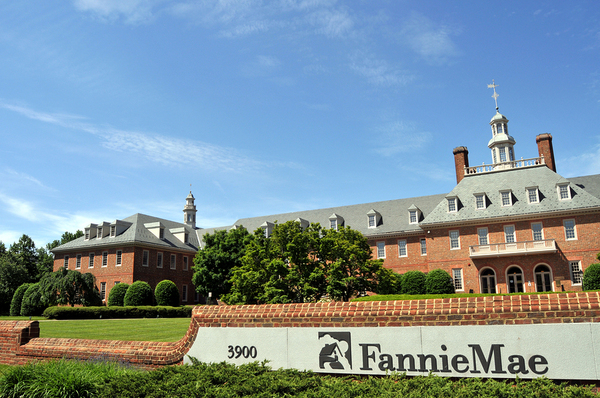View Sale Announcement Detail


Archived news
EXCERPT: There are talks of Fannie Mae and Freddie Mac being removed from conservatorship, causing concern over the future of these GSEs.
 What does the future hold for GSEs like Fannie Mae and Freddie Mac?
What does the future hold for GSEs like Fannie Mae and Freddie Mac?
Both Fannie Mae and Freddie Mac have been under conservatorship for nearly 11 years. And now, talks of the Trump administration possibly removing government-backed entities like Freddie Mac and Fannie Mae from conservatorship loom.
Fannie Mae and Freddie Mac were created by Congress as government-sponsored enterprises (GSEs) to provide more affordability and stability to the housing and financial industries and promote homeownership for the underserved. The GSEs buy mortgages, take on the added credit risk, and repackage these products into mortgage-backed securities (MBSs).
Over the years after the housing and mortgage crisis that started over a decade ago, the GSEs experienced financial turmoil, and by 2008, they had weakened significantly, creating concern that they wouldn't be able to meet their obligations. As such, the Federal Housing Finance Agency (FHFA) took over via 'conservatorship'.
But now, the future of conservatorship remains unclear. Plans for how the Trump administration will handle the two monopolies will soon be released sometime in September, and some speculate that government conservatorship will soon come to an end, according to a recent article published in the Wall Street Journal.
The two companies are behind roughly half of the mortgage market in the US and have been in conservatorship since the financial crisis in 2008. But the presidential administration believes it's time that mortgages are privatized.
 Should mortgages be fully privatized, more competition in the mortgage industry would likely ensue.
Should mortgages be fully privatized, more competition in the mortgage industry would likely ensue.
The proposed plan for GSE reform comes at a time when the domestic economy appears strong and mortgage rates remain low, making mortgages more affordable. By converting Fannie Mae and Freddie Mac into private entities - and allowing other companies to get in on the game - more competition in the market would be stirred up.
Under the proposed blueprint, the government-backed entities - along with other companies - would still have access to a federal guarantee on mortgage-backed securities (MBS).
Bankers, lenders, and investors that buy mortgage-backed securities might not be too keen on any plans to end conservatorship, as privatizing mortgages could increase mortgage costs.
The proposed blueprint will likely include language that embraces cutting back on GSEs, but ending conservatorship could result in a negative reaction from the MBS market.
It remains to be seen what will happen when the plan is formally introduced, as many efforts in the past to end conservatorship have struggled and failed. But the current administration says that ending conservatorship is definitely on the table, even if it's in the absence of congressional involvement.
Regardless of the outcome, banks and lenders need to take proactive steps to ensure their loan portfolios include only solid loan assets. Even one weak link could be detrimental and costly. To ensure a sound loan portfolio, financial institutions would be well-advised to partner up with a seasoned loan sale advisor to help find buyers to sell off weak assets and acquire much more robust ones in their place.
We invite you to browse our white papers today.

